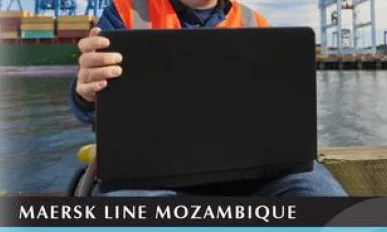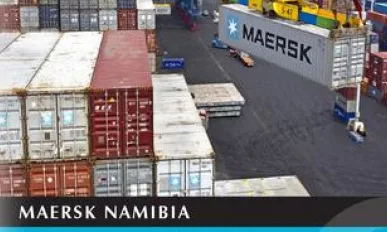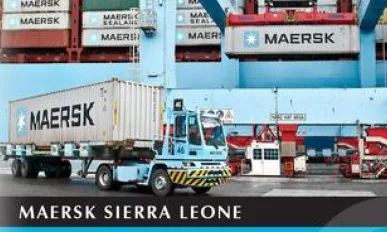Latest Maersk Corporate Stories
Maersk Line Mozambique : Reducing the Barriers to Trade
For almost three decades, Maersk Line has been a crucial enabler in the development of Mozambique’s maritime industry, serving to grow this emerging nation’s reputation as a key East African logistics hub.
Maersk Namibia : Enhancing Namibian Trade
With a presence in Namibia spanning more than 18 years, Maersk Namibia represents one of the largest and most reputable groups operating in the shipping and oil & gas industries today.
Maersk Sierra Leone : Delivering on its Shipping Promise
For almost two decades, Maersk Sierra Leone (SL) has been a crucial part of Maersk Group’s African operations, overseeing the carriage of cargo to and from Sierra Leone.





























